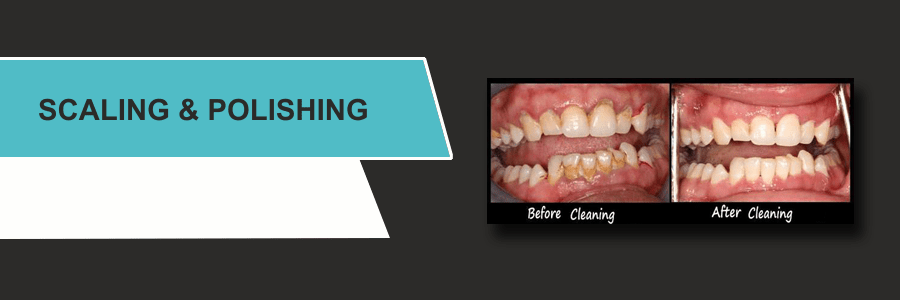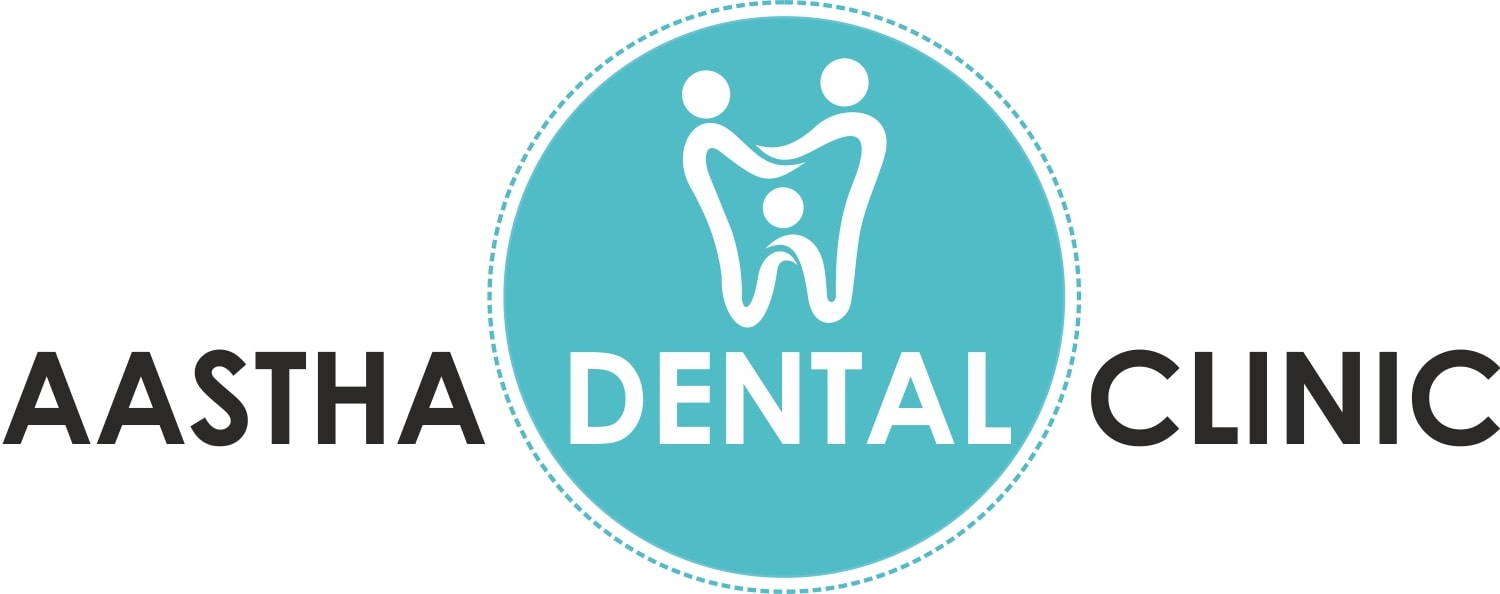
Why do you need to do scaling & polishing?
Dental cleanings involve removing plaque (a soft, sticky layer of bacteria, food & saliva) and hard tartar (calculus) deposits that have built up on the teeth over time. Your teeth are continually bathed in saliva which contains calcium and other substances which help strengthen and protect your teeth. While this is definitely beneficial, it, unfortunately, means that we tend to get a build-up of calcium deposits on the teeth. This chalky substance will build up over time, almost like the limescale deposits at the base of your kettle. Usually, it is tooth coloured and can easily be mistaken as part of the teeth, but it can also vary from brown to black in colour.
If this tartar is allowed to build up on the teeth, it will, unfortunately, provide the right conditions for bacteria to thrive beside the gums. The purpose of cleaning and polishing is basically to leave the surfaces of the teeth beautifully clean and smooth so that bacteria are unable to stick to them and so provide you a better chance of keeping the teeth clean during your regular daily hygiene regime.
- To remove stains caused by food (coffee/tea) or tobacco.
- To remove tartar or calculus – this helps prevent gum diseases which are the main cause of gum recession, loose teeth and subsequently, tooth loss.
- To allow screening for the oral disease like decay and any cavities.
What are the procedures which are involved in scaling & polishing?
- Scaling
Specialized instruments are used to gently remove plaque and calculus deposits without harming your teeth. The ultrasonic scaler uses vibrations to loosen hardened tartar that sticks to the teeth/in between teeth. Water spray is also used to wash away the debris. There may be a high pitch buzzing sound heard from the scaler during the scaling process.
- Polishing
Polishing is usually carried out after scaling to remove stains and make your teeth feel smooth and shiny. Polishing is done with a soft rubber cup that spins. Prophylaxis paste – a special toothpaste-like material is scooped up into the cup and spun around on the teeth.
Prophyjet polishing uses a pressurized spray of air and water with sodium hydrogen carbonate powder to remove stains, plaque and soft debris from your teeth. It may taste slightly salty.
Does it hurt to have your teeth whitening?
Most people find that cleanings are painless, and find the sensations described above do not cause discomfort. Many of our patients tell us they actually enjoy cleanings and love the beautifully smooth feel of their teeth afterwards! If the experience is less pleasant, this can be due to a variety of factors: exposed dentine or root surface (not dangerous, but can make cleanings a little sensitive), or infected gum tissues.
What is the difference between teeth whitening and scaling & polishing?
Teeth can become more yellow with age and with continuous consumption of dark staining foods like coffee, tea, red wine or tobacco.
Teeth whitening is a cosmetic dental procedure that lightens pigmentation within the teeth. Scaling and polishing is a procedure that removes dental plaque, tartar and extrinsic stains that are present on the outer surface of the teeth.
Scaling and polishing cleans your teeth, preventing and controlling the severity of gum diseases. After scaling & polishing, teeth can appear lighter if there are many stains on the outer surface of the teeth. If the intrinsic colour of teeth is very yellow, there will be no changes after teeth cleaning as the yellow colour comes from inside the tooth.
